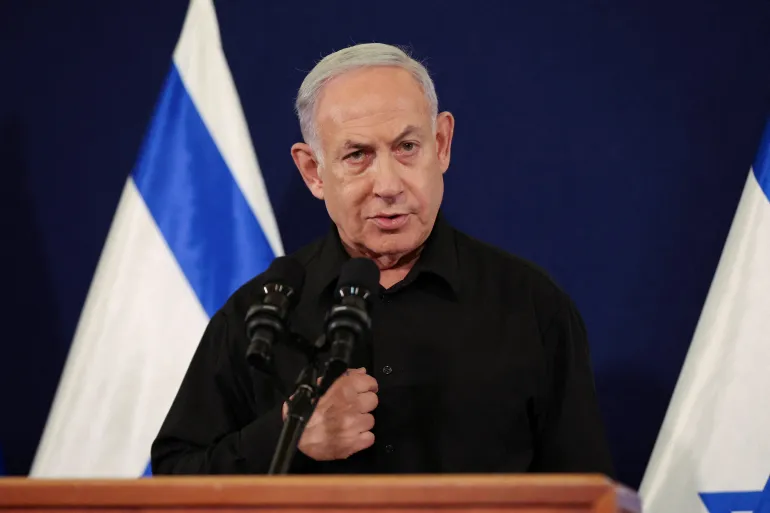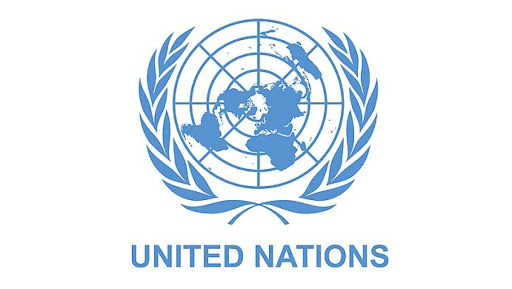Israeli Prime Minister Benjamin Netanyahu announced Monday that Israel is preparing for a “forceful entry” into Gaza, signaling a significant military escalation after the country’s security cabinet approved a new plan to deploy tens of thousands of additional troops to seize and hold territory in the war-torn enclave.
In a video message posted as reservists began receiving call-up notices, Netanyahu said senior military leaders had urged an "intensive" new phase of the 18-month war. “It’s time to launch the concluding moves,” he stated, emphasizing that the operation aims to pressure Hamas into releasing the remaining hostages.
The move comes after weeks of stalled ceasefire negotiations and continued Israeli bombardment and blockade of Gaza. Humanitarian aid has been restricted, worsening already dire conditions for civilians. Netanyahu's opponents have criticized the escalation, warning it could endanger hostages still held by Hamas and questioning whether it will meaningfully alter the course of the conflict.
Israeli officials suggested the expanded campaign would roll out gradually, leaving room for ongoing diplomatic efforts, particularly ahead of President Trump's upcoming visit to the region for talks in several Arab capitals. However, they warned that if no ceasefire deal is reached soon, the operation would proceed at full scale.
Government spokesperson David Mencer said the plan’s goal is to dismantle all Hamas infrastructure—both above and below ground—and to hold territory to prevent Hamas from reestablishing control. While stressing that Israel has no intention of permanently occupying Gaza, Mencer acknowledged that troops could remain for an extended period.
As part of the new operation, the Israeli military plans to relocate large segments of Gaza’s population southward, echoing past evacuations. Military spokesman Effie Defrin said the goal is to move civilians to areas “clean of Hamas” for their protection. However, the prospect of large-scale forced displacement has already sparked international concern.
Analysts see the call-up of additional troops as a signal to Netanyahu’s right-wing base, some of whom have criticized what they view as the military’s incomplete effort to eliminate Hamas. A more aggressive phase of the war could help shore up domestic political support for the prime minister.
An Israeli official familiar with the plan said the military aims to capture more territory beyond its current positions, though it remains unclear whether there are intentions to extend the occupation across the entire Gaza Strip. The cabinet has also approved a new system for distributing humanitarian aid within Gaza, though details remain limited.
The situation remains fluid as both diplomatic and military tracks evolve, with Netanyahu’s government walking a tightrope between international pressure and internal political demands.




